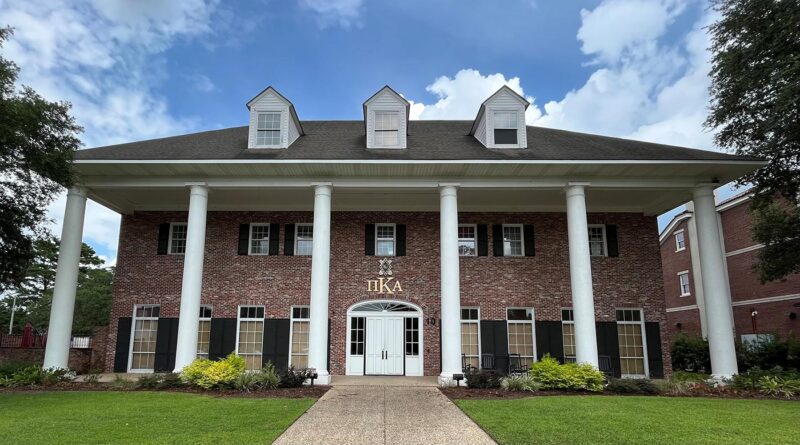 We help Pi Kappa Alpha chapters and house corporations achieve and retain competitive housing on their campus.
We help Pi Kappa Alpha chapters and house corporations achieve and retain competitive housing on their campus.
- Apply for House of the Quarter
- Apply for Improvement Project of the Year
- Learn about International Work Day
- Questions about PIKE Real Estate? Contact realestate@pikes.org.
Interested in submitting a current photo of your PIKE house?
Resources:
- Operation and Condition Standards
- Sample House Rules & Bylaws
- Chapter House Budgeting
- House Corporation Budgeting
- Housing Corporation Financial Best Practices
- Annual Financial Report
- Securing House for Summer Break
- Securing House for Winter Break
- Professional Property Management
- Sample Camera Surveillance Policy and Info
- Starting a House Corporation
- Automatic Water Shutoff Valve Grant Program Overview
- Automatic Water Shutoff Valve Grant Application
